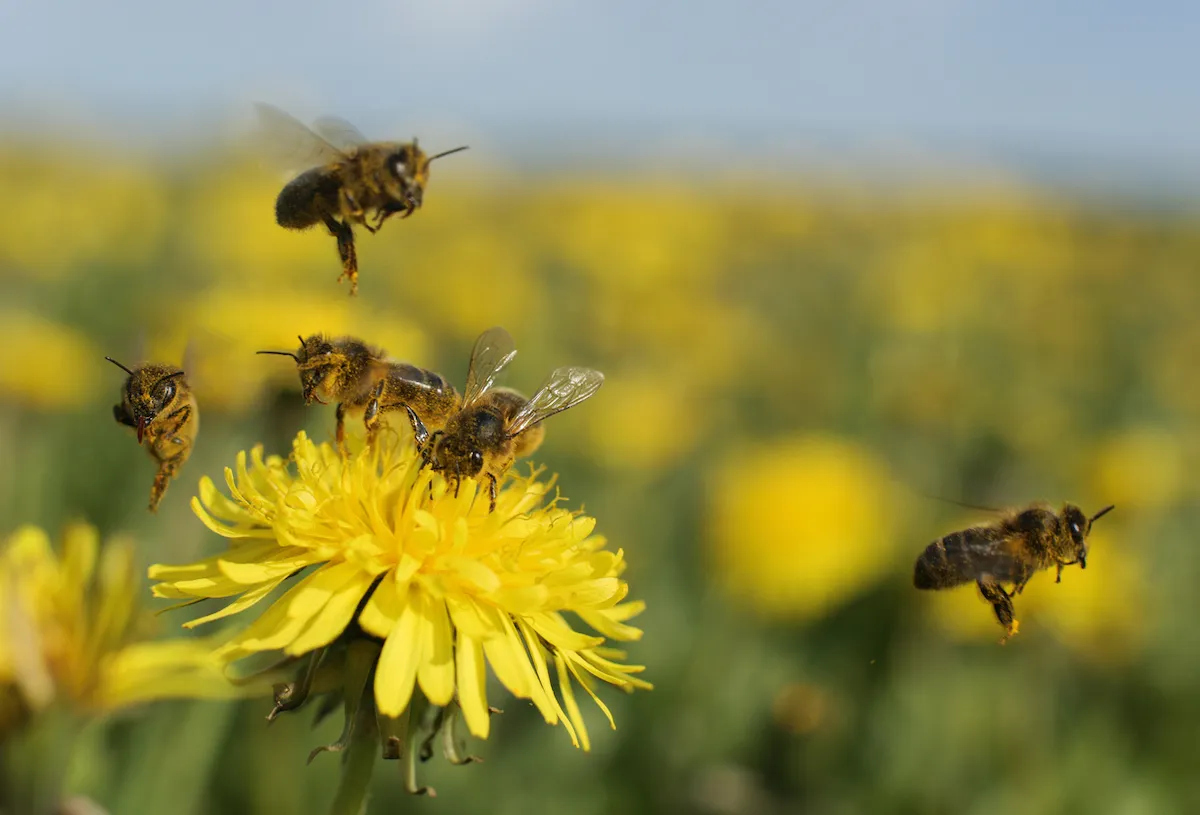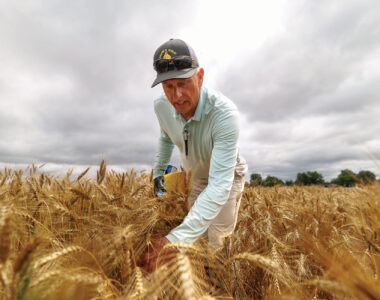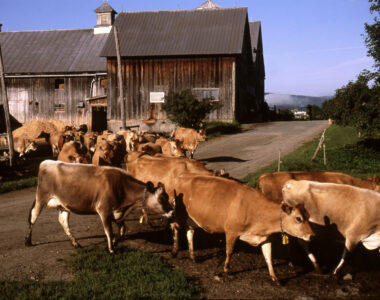
Pollinators like honey bees are essential to agriculture — and their health directly affects both farm productivity and food supply. Thanks to rising awareness and collaboration between farmers and beekeepers, bee protection protocols are becoming a standard part of sustainable farming practices.
Understanding the benefits of bee protection protocols can help growers boost crop yields, reduce pesticide risk, and build stronger partnerships across the ag community.
Why Bees Matter
Bees pollinate more than 100 crops in the U.S., from almonds and apples to cucumbers and cotton. Without them, food production would suffer, not to mention the economic impact on farms that rely on pollination services.
For crops like watermelons, blueberries, and pumpkins, healthy bee activity can increase fruit size, quality, and overall yield. In other words, protecting pollinators protects your bottom line.
What Are Bee Protection Protocols?
Bee protection protocols are shared practices between beekeepers, farmers, and pesticide applicators. These protocols include:
- Notifying beekeepers before pesticide applications
- Avoiding spraying during peak foraging hours
- Choosing bee-safe pesticides or application methods
- Creating communication channels between all parties
- Establishing buffer zones and planting pollinator-friendly borders
These steps are simple but powerful. They prevent accidental harm to bees while keeping pest control effective and fields productive.
Benefits for Farmers and Growers
Here are a few of the key benefits of bee protection protocols for growers:
- Improved crop pollination leads to higher yields and better quality
- Reduced pesticide conflicts protect both bees and farm relationships
- Better communication with local beekeepers ensures smoother operations
- Sustainable practices support long-term land health and community trust
- Regulatory compliance with EPA and state guidelines becomes easier
Many states have also started promoting these protocols as part of integrated pest management (IPM) strategies, helping growers align with best practices and avoid penalties.
Benefits for Beekeepers
Beekeepers also benefit from these protocols. With proper coordination, they can:
- Reduce hive losses
- Plan placements more effectively
- Provide better pollination services
- Strengthen trust and business with local farms
This collaboration isn’t just good for bees — it’s good for business.
What Consumers Should Know
When consumers buy from farms that follow bee protection protocols, they support environmentally conscious agriculture. Healthy pollinators mean better food, stronger ecosystems, and more resilient farms.
Shopping locally through platforms like Farm Trader connects you to farmers who care about these practices — and helps ensure the food you buy supports both people and pollinators!
The Bottom Line
The benefits of bee protection protocols go far beyond the hive. They foster collaboration, protect crop yields, and build a more sustainable future for agriculture.
Whether you’re a grower, a beekeeper, or a consumer who wants to make informed choices, supporting pollinator-friendly practices is a win for everyone.
Support farms that support bees. Find your local grower on Farm Trader today.



